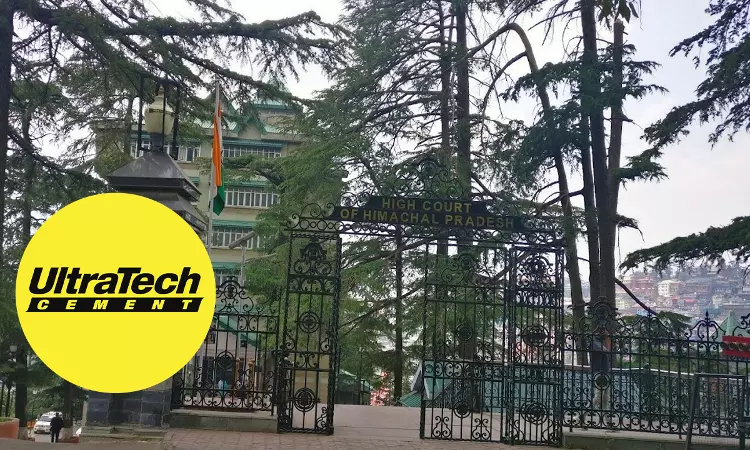The Himachal Pradesh High Court has quashed the order rejecting Ultra Tech's claim for the grant of budgetary support.The bench of Chief Justice M.S. Ramachandra Rao and Justice Satyen Vaidya has observed that the budgetary support scheme is governed by principles of natural justice, and one such principle is the necessity of providing an opportunity of hearing to the party who would suffer...

